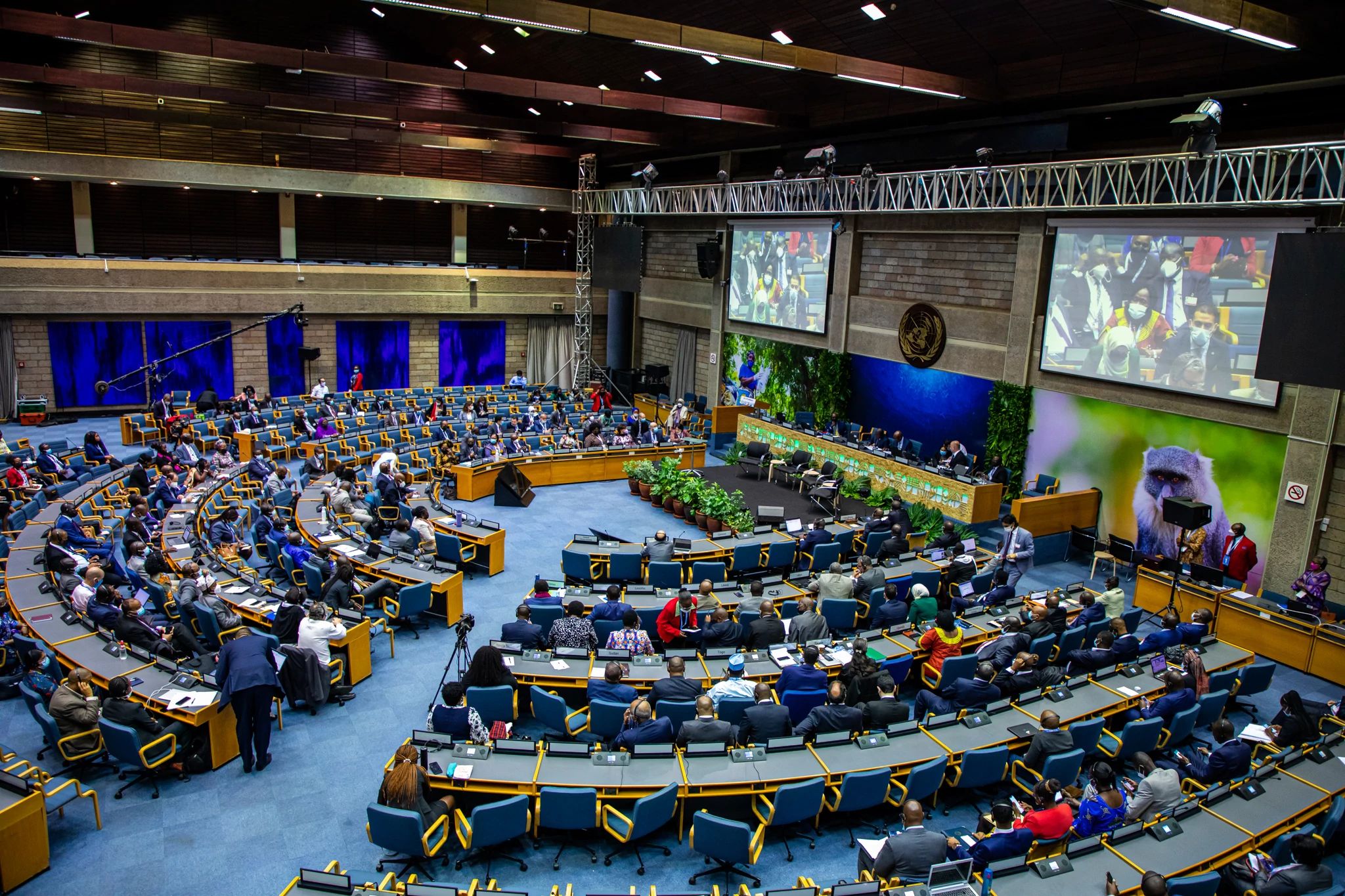Global Leaders Gather in Nairobi for UN Environment Assembly to Address Urgent Environmental Challenges

Government officials, environmental experts, and stakeholders from around the world have convened in Nairobi, Kenya, for the sixth session of the United Nations Environment Assembly (UNEA-6). The assembly, which commenced on Monday, aims to foster collaboration among nations to tackle pressing environmental issues such as climate change, pollution, and biodiversity loss.
Inger Andersen, the executive director of the UN Environment Programme, emphasized the interconnectedness of nations in addressing environmental crises. “None of us live on an island. We live on planet Earth, and we are all connected,” Andersen remarked ahead of the talks. She underscored the importance of dialogue and cooperation in finding solutions to global environmental challenges.
During the assembly, member states are deliberating on a range of draft resolutions covering various environmental concerns. These resolutions, adopted upon consensus, pave the way for coordinated action by participating countries. Among the 20 draft resolutions submitted for discussion this year are proposals to restore degraded lands, combat dust storms, and mitigate the environmental impacts of metal and mineral mining.
The assembly’s previous session in 2022 yielded significant outcomes, including the adoption of 14 resolutions, notably the commitment to create a legally binding instrument to address global plastic pollution. Andersen hailed this agreement as a landmark achievement in multilateral environmental cooperation since the Paris Agreement.
Despite differing national priorities, Andersen noted a positive momentum towards consensus on this year’s draft resolutions. The focus of UNEA-6 on multilateralism seeks to build upon past successes such as the Minamata Convention and the Montreal Protocol, both led by the UN Environment Programme.
However, challenges persist, particularly regarding complex issues like financing for chemical and waste management. Bjorn Beeler, international coordinator for the International Pollutants Elimination Network, anticipates slow progress on such matters. He also expects resistance to a draft resolution aimed at phasing out highly hazardous pesticides, which could mark a significant global milestone if adopted.
With over 70 government ministers and 3,000 delegates in attendance, UNEA-6 presents an opportunity for decision-makers to address emerging environmental threats proactively. Andersen emphasized the importance of foresight and preemptive action in safeguarding the planet’s future. As discussions unfold in Nairobi, the international community remains committed to collective action in preserving Earth’s ecosystems for future generations


















Facebook Comments